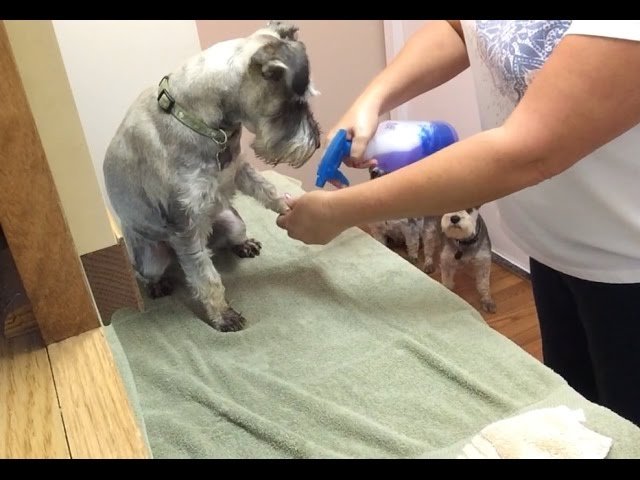Do Schnauzers have health problems
Knowing the ins and outs of our beloved Schnauzers’ health is crucial to giving them the best care possible as loving pet parents. One question that is frequently asked is, “Do Schnauzers have health problems?” We explore the health issues unique to Schnauzers in this extensive guide, providing preventative steps and insights into possible problems to ensure a happy and healthy life for these devoted canine friends.
Examining Typical Health Issues for Schnauzers
Let’s examine the typical health concerns for Schnauzers in order to answer the subject of health issues.
Genetic Predispositions Existing
Like many purebred dogs, schnauzers may be genetically predisposed to particular health issues. Identification and management of possible genetic problems are greatly aided by responsible breeding techniques and routine veterinarian examinations.
Typical Health Problems with Schnauzers
Although each person’s health is unique, there are certain health issues that are more frequently linked to Schnauzers. These might include problems including kidney stones, pancreatitis, and certain skin disorders.
Do Schnauzers Experience Health Issues? An Upclose View
Comprehending the possible health issues in Schnauzers entails identifying warning signs and symptoms and taking preventative action.
Awareness of Pancreatitis
It is well known that schnauzers are more likely to develop pancreatitis, an inflammation of the pancreas. Early diagnosis can be aided by keeping an eye on their nutrition, avoiding high-fat meals, and scheduling routine veterinarian exams.
Considerations for Urinary Stones
For Schnauzers, urinary stones can be an issue. Regular exercise, a balanced diet, and enough hydration are important preventative measures. In the event that urinary tract problems appear, a veterinarian consultation is required.
Dermatological Attention and Treatment
Because of their distinctive coat, schnauzers may need extra care to avoid dermatological problems. Their general skin health is influenced by regular grooming, skin examinations, and a healthy diet.
Preventative Steps for the Health of Schnauzers
Proactive measures and a dedication to the general health of Schnauzers are necessary to promote their well-being.
- Frequent veterinary examinations
Regular veterinarian examinations are essential for keeping an eye on your Schnauzer’s health. Prompt action and management are made possible by early identification of such problems. - A well-balanced diet and nutritional intake
A healthy diet that is well-balanced and suited to the unique requirements of Schnauzers is beneficial to their general well-being. It’s important to watch how many calories you eat and steer clear of high-fat items. - Physical Activity and Mental Stimulation
The schnauzer breed is clever and energetic. Frequent mental and physical stimulation keeps them from engaging in boredom-related activities in addition to improving their physical health.
Frequently Asked Questions, or FAQs
- Are Schnauzers all susceptible to the same medical issues?
Although the breed as a whole has certain common health issues, individual health might differ. A Schnauzer’s health is influenced by hereditary, dietary, and lifestyle choices. - How can I keep my Schnauzer from getting kidney stones?
Regular veterinarian checkups, a balanced diet, and enough hydration are all important in preventing urinary stones. Depending on the particular requirements of your Schnauzer, dietary modifications could be advised. - Is routine grooming necessary for the health of Schnauzers?
Yes, frequent grooming is essential to the health of Schnauzers. It maintains their coat healthy, helps avoid dermatological problems, and enables the early diagnosis of skin disorders.
In summary
To sum up, answering the issue “Do Schnauzers have health problems?” necessitates taking a holistic approach to their welfare. You may extend the life and enjoyment of your Schnauzer companion by being aware of common health issues, taking preventative action, and giving routine veterinarian care first priority.








